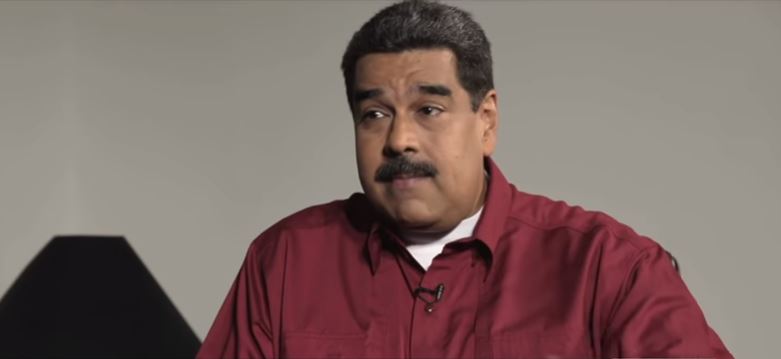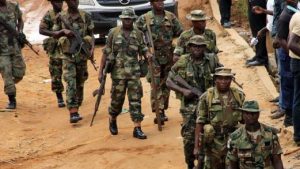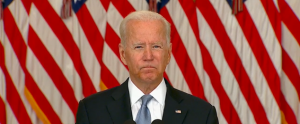
AFP: The United States on Tuesday offered a path for Venezuela’s leftist leadership to remove sanctions in the face of a mounting humanitarian crisis by accepting a transitional government that excludes US ally Juan Guaido.
The tactical shift came after more than a year of faltering US-led efforts to oust President Nicolas Maduro and as fears grow that the coronavirus pandemic will spread rapidly both inside and from poverty-stricken Venezuela.
US Secretary of State Mike Pompeo said that Guaido as well as Maduro should step aside for a transitional government comprising members of both their parties that will arrange elections in six to 12 months.
If fully implemented, the United States and European Union would lift sanctions, including sweeping US restrictions on Venezuela’s key export of oil, the State Department said.
The IMF and other international lenders would be invited to plan economic relief for Venezuela, from which millions have fled as they face dire shortages of food and other necessities.
The plan also calls for the departure of foreign forces from Venezuela, a reference to the regime’s support from Russia and Cuba.
“We believe this framework protects the interests and equities of all Venezuelan people who desperately seek a resolution to their dire political, economic and humanitarian crisis, and who know Venezuelans can have something better,” Pompeo said, urging all sides to consider it “carefully and seriously.”
Maduro has repeatedly ruled out ceding power and his government quickly rejected the framework, which is similar to a proposal put forward last year by Guaido in failed Norwegian-brokered talks.
“Venezuela is a free, sovereign, independent and democratic nation that does not and shall never accept instructions from any foreign government,” Foreign Minister Jorge Arreaza said.
Elliott Abrams, the US pointman on Venezuela, downplayed the reaction as predictable but said Washington hoped to jumpstart private talks within the regime and the military, which has remained loyal to Maduro.
– Still trying to oust Maduro –
The United States has not shifted its goals, with Pompeo renewing support for Guaido — a 36-year-old engineer who has been recognized as interim president by some 60 countries since January 2019.
And while the framework says that any Venezuelan can run for president in future elections, Pompeo reiterated that the United States wanted Maduro out.
“We’ve made clear all along that Nicolas Maduro will never again govern Venezuela,” Pompeo told reporters.
Abrams later said that, while the United States would accept any results of a free election, it did not believe Maduro could win.
“There is no possible way that Nicolas Maduro remains in power if Venezuelans get to choose their own fate and get to elect their own leaders,” he said.
Asked if Guaido could run, Pompeo said: “Absolutely yes.”
“I think he’s the most popular politician in Venezuela. I think if there were an election held today, he could do incredibly well,” Pompeo said.
“But more importantly we continue to support him. When we put together this pathway to democracy, we worked closely with him.”
– Guaido summoned –
Guaido welcomed Pompeo’s initiative, writing on Twitter: “This is the time to rise; we are taking the right steps to save Venezuela.”
Hours earlier, Venezuelan Attorney General Tarek William Saab said on state television that Guaido had been summoned to appear before prosecutors in an investigation into the seizure of weapons in neighboring Colombia.
Saab alleged that the arms were to be smuggled into Venezuela. Colombia last week said it discovered a weapons cache linked to a retired Venezuelan general, Cliver Alcala — who last week surrendered to US authorities on drug-trafficking charges.
Alcala on Tuesday pleaded not guilty before a federal court in New York.
He was once close to late president Hugo Chavez, Maduro’s predecessor and ideological inspiration. But Saab charged that Alcala was taking orders from Guaido.
Opposition supporters say the Venezuelan judiciary regularly trumps up charges for political reasons, although Guaido has been allowed to operate freely, even after he flew to Washington earlier this year to meet President Donald Trump.
The United States last week also filed drug-trafficking charges against Maduro, putting a $15 million bounty on his head.
Abrams said that the indictment, as well as any sanctions against Maduro not directly related to his holding of power, would remain in place even if he accepts a transitional government.




